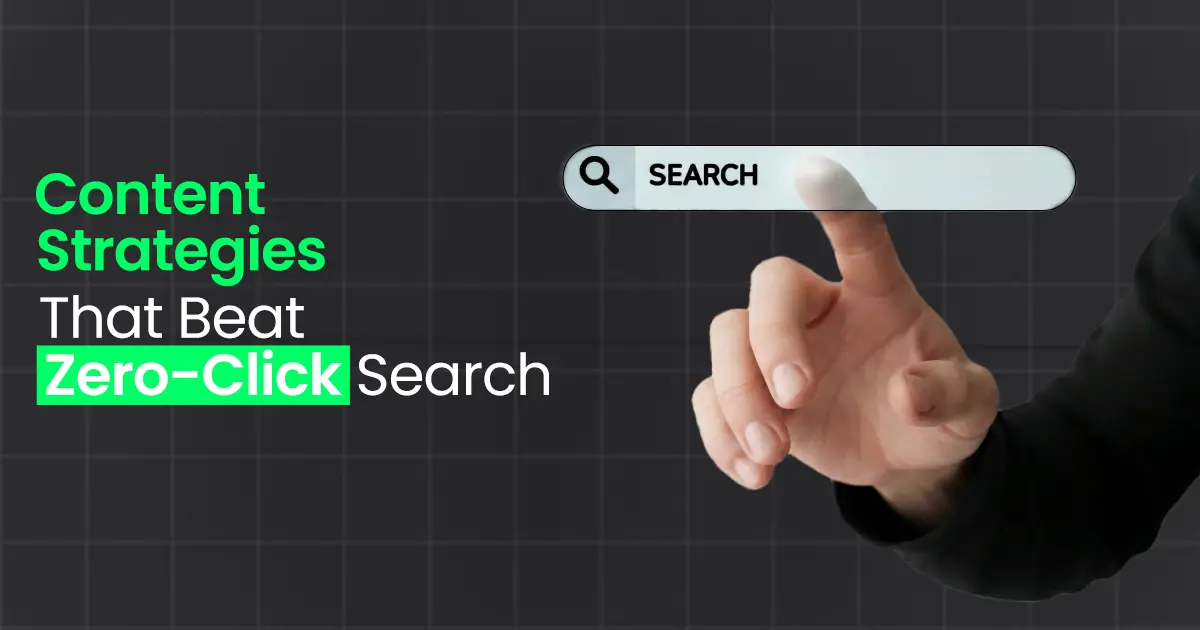In SEO, to stay ahead of the pack is to understand how to make Google read and perceive your content in the way you want. Another best method to increase visibility is through the presence of the FAQ schema. Such an organized data markup can assist search engines in comprehending your commonly requested questions and their responses, providing you with a greater opportunity of being featured in featured snippets and ranking higher on AI-based search results.
This blog will describe the meaning of the FAQ schema, its importance following the FAQ schema Google update, and how to add it to your WordPress site to improve your rankings.
What is FAQ Schema?
A FAQ schema is a form of structured data markup, which you include in the HTML of your webpage. It informs the search engines that the page contains a list of questions and answers. Google can show these FAQs right in the search results when applied appropriately, providing the user with the answer instantly, without clicking on it.
For businesses and bloggers, this is:
- More visibility in search results.
- Increased probability of being chosen as a featured snippet.
- The higher the click-through rates on your results, occupy more space on the search page.
As an illustration, when a person types what is FAQ schema, a site that has implemented schema markup will appear with the expandable FAQs displayed immediately below the primary listing.
FAQ Schema Google Update – What Changed?
In 2023, the Google update to the FAQ schema transformed the appearance of such rich results. Until recently, almost all sites that used the FAQ schema were able to display expanded questions in search results. Nevertheless, in the update, Google restricted the display of results containing a lot of FAQ to authoritative sites, mainly in such industries as health and government.
Nonetheless, the FAQ schema remains useful in terms of SEO as:
- It assists Google in knowing more about your content.
- It adds to E-E-A-T ( Experience, Expertise, Authoritativeness, Trustworthiness).
- It increases your likelihood of being featured in snippets, in knowledge panels, or AI-based search results.
Even when you do not see your FAQs directly in search results, schema is still worth the investment in the long-term ranking benefits.
How to Add FAQ Schema in WordPress
With WordPress as the website builder, it is easy to add the FAQ schema. These are the three popular methods:
1. Using an SEO Plugin
Plugins like Yoast SEO and Rank Math offer built-in support for FAQ schema.
- Just add a new block of FAQ in the editor.
- Include your questions and answers.
- The markup data that is structured is created automatically by the plugin.
2. It is possible to use a Schema-Specific Plugin.
In order to have more control, you may consider the use of plugins such as your Schema Pro or WC Structured Data schema to add schema markup manually. This is particularly handy on websites of larger sizes with complicated FAQs.
3. Adding Code Manually
As a developer, you can put the JSON-LD on your page. Here’s an example snippet:
<script type=”application/ld+json”>
{
“@context”: “https://schema.org”,
“@type”: “FAQPage”,
“mainEntity”: [{
“@type”: “Question”,
“name”: “What is FAQ schema?”,
“acceptedAnswer”: {
“@type”: “Answer”,
text: FAQ schema is structured data markup that tells search engines that your page has frequently asked questions and answers.
}
</script>
Although this approach allows you complete control, it is easier to use when you are not technical: plugins are available.
FAQ Schema and Featured Snippets
Among the largest advantages of the introduction of the FAQ schema is the ability to capture featured snippets. Snippet features are the results that are highlighted on the first page of Google search and, in most cases, answer a question.
You can find them by underlining your FAQs with schema:
- You indicate to Google that you have direct answers on your page.
- You make it more likely that you will be featured in the People also ask section.
- You present summarized, formatted content that is favored by AI models and search engines.
Simply put, FAQ schema can assist you in satisfying the user intent and other search engine guidelines, as well as providing you with a competitive edge in search engine optimization.
Final Thoughts
The online world is changing rapidly through the use of AI-powered search and Google iterations. Although the FAQ schema Google update minimized the auto presentation of the FAQ result-rich outcomes, the innate attributes with respect to SEO are robust. The FAQ schema in WordPress is easy to implement, and can greatly increase your odds of appearing in featured snippets and AI-based search results.
You can improve your visibility, credibility, and user engagement by investing time in organizing your FAQs in such a way that you will be successful in SEO.
Read More:
Best Creative Campaign Agency in USA
How to Pick a Marketing Agency in Just 4 Steps
Frequently Asked Questions
1. Is the FAQ schema effective with the Google update?
Yes, the results provided by Google with many questions in the search results are less frequent, but the FAQ schema remains beneficial to optimize your content organization and featured snippets and artificial rankings.
2. Which is the easiest way to add the FAQ schema in WordPress without writing code?
FAQ schema blocks can be easily added by using a plugin such as Yoast SEO or Rank Math and do not require any coding.
3. Can the FAQ schema increase the click-through rates?
Absolutely. It will make your listing more appealing and clickable because it will take up more space in search results and will provide direct answers.




